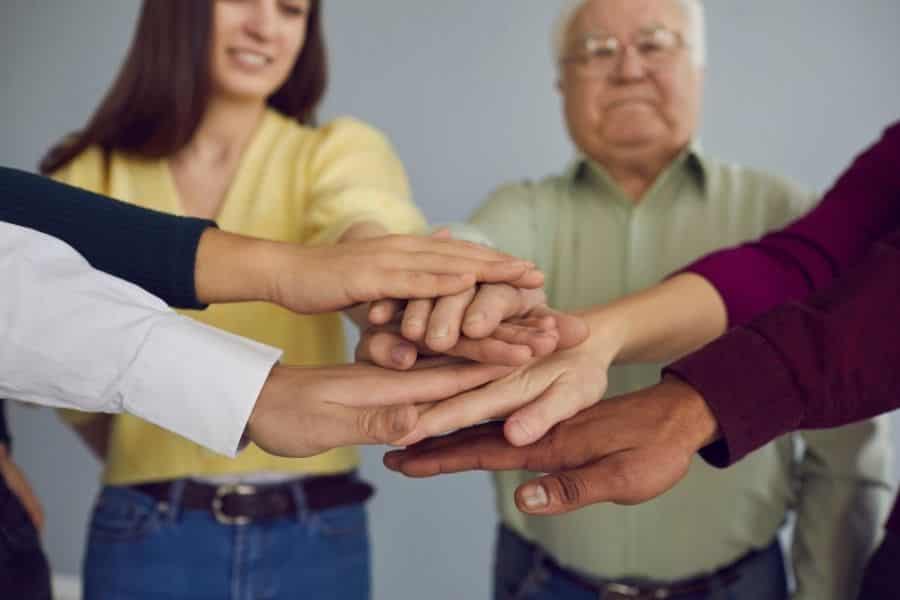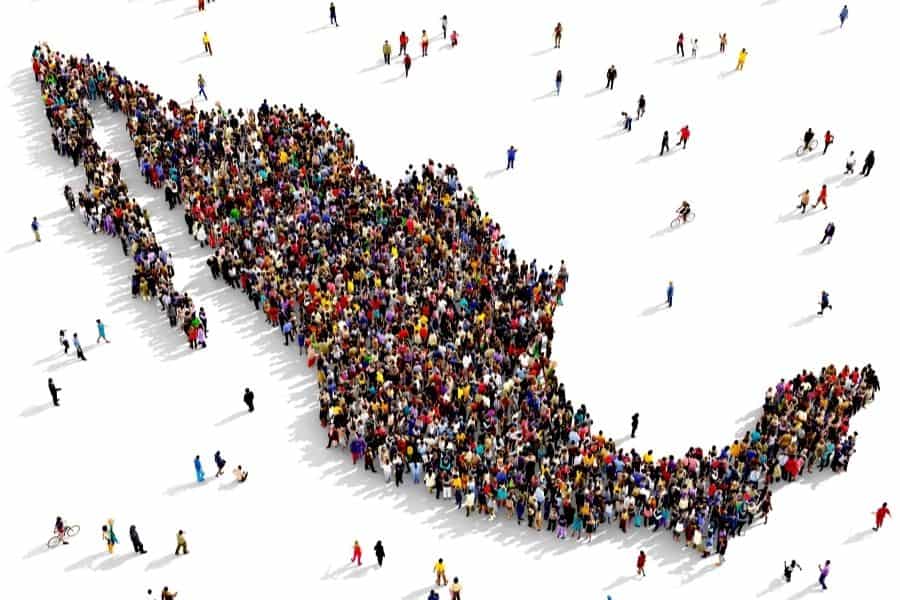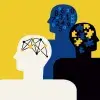Juan Pablo Murra Lascurain | Opinion | Rector of Undergraduate and Graduate Studies at Tec de Monterrey
In his inaugural address, President John F. Kennedy highlighted the importance of civic engagement and public service with his famous phrase “Ask not what your country can do for you, ask what you can do for your country.” In many societies, the importance of public participation is highlighted as g a cornerstone towards building the ethos of a common good and a better shared future.
However, levels of public participation and community cohesion in Mexico are relatively low. Very few Mexicans donate their time, talent, or money to civil society organizations. This is not the only way to contribute to the common good, but I do think it is effective and essential.
“Being convinced of the benefits the common good can bring. We should believe that our own wellbeing will be improved if everyone has the opportunities and conditions for a good life.”
In recent weeks, I have been thinking about what values, beliefs and/or capacities citizens need to actively participate in civil society projects. Identifying these will help us reflect on and promote, spaces, educational processes, and other mechanisms that can lead us to increase the level and amount of community engagement. If we don’t incorporate some of the following beliefs into our own world view and value structure, it will be difficult to achieve significant levels of public participation.
- Empathizing. We naturally have sympathy and empathy for those people who are close to us and whom we consider part of our definition of “us”. If we expand that circle and allow “others” to become part of that “us”, we will be more active and more proactive in looking to develop public resources and the common good. This can only take place when we are willing to get to know other people and their circumstances.
- Being convinced of the benefits the common good can bring. We should believe that our own wellbeing will be improved if everyone has the opportunities and conditions for a good life.
- Examining our own ethics and personal values and understanding that serving and caring for others is part of our responsibility, which we can even enjoy and value. As Saint Ignatius of Loyola said: “In all things love and serve.”
- Moving from annoyance and complaint to proposal, action, and change implies believing that you can, in some way, influence and improve future conditions, even if your possibilities are limited. Begin with hope.
- Believing that neither the government alone, nor each individual pursuing his or her own interest (even within the legal framework), is capable of the construction of a more prosperous and just world or has sufficient force to do so.
- Believing that every society must not only fight for its own rights but must also feel an obligation to help others do so too.
- Having an interest in, or perhaps even a passion for, resolving injustices that cause pain or affect the lives of others (e.g. issues of discrimination, abuse, destruction of the environment, or inequality).
I do wonder to what extent we should resolve our own personal or family needs before being able to participate in some way in the creation of projects that benefit others. Without a doubt, this does depend on the priorities, resources, and energy we have, but I don’t think it’s necessary to have our own needs met to be able to look beyond ourselves.
In his book “A Thousand Words”, Gabriel Zaid reflects on the adjective ‘civil’ and its evolution over time. He says the following: “It was not living in the city (civitas) which gave us the name of citizen (civis), but rather the citizens who gave the city its name… It was civis meus, which would be absurd to translate as ‘my citizen’. The translation is ‘my fellow citizen’. Each was civis in relation to the other, not with respect to civitas.” What makes us citizens is our responsibility towards those others with whom we build the city.
These beliefs and capabilities are not natural or automatic. On the contrary, they must be sown and nurtured in people’s minds and spirits. They are a narrative that must be taught in schools, put into practice in families, celebrated in the media and public spaces, facilitated by the government, and promoted in companies and organizations across society. As a result of this, the collective efforts and active citizenship of members of the public, and especially people who are part of organized civil society, will continue inspiring, inviting and creating spaces for greater and better community participation.
The writer is the Rector for Undergraduate and Graduate Studies at Tecnológico de Monterrey.
** This text was first published on February 10, 2021, on the website of Consejo Cívico (Civic Council). Bold text in the original document has been preserved, and the article is reproduced with the author’s permission.
YOU’LL DEFINITELY WANT TO READ THIS TOO:








